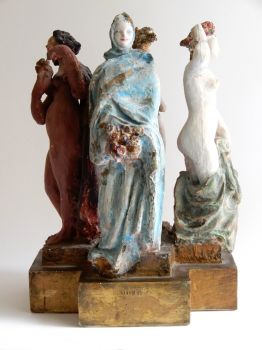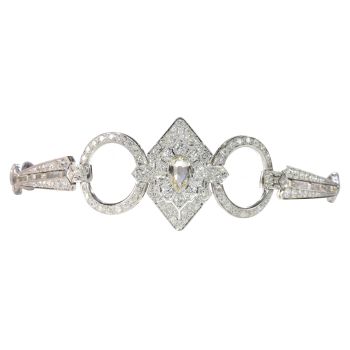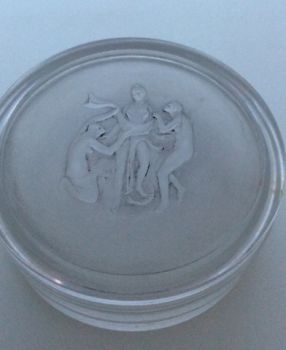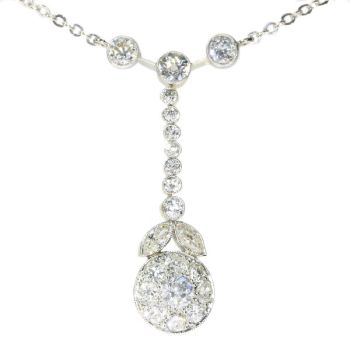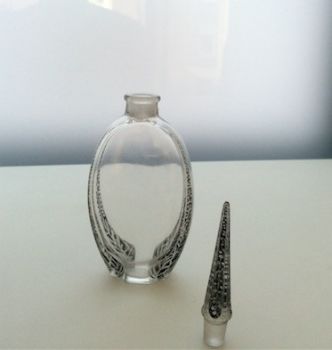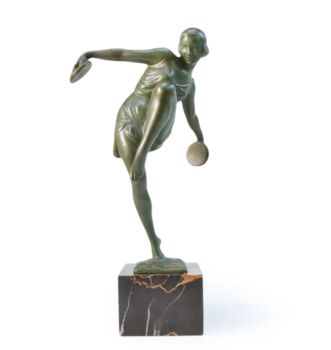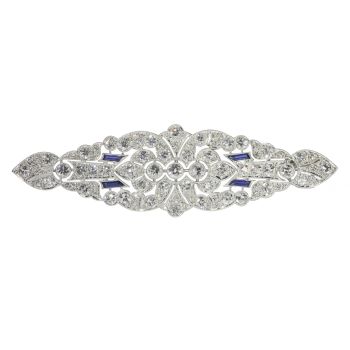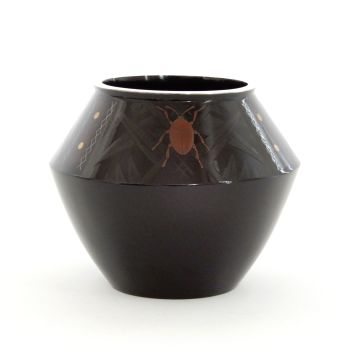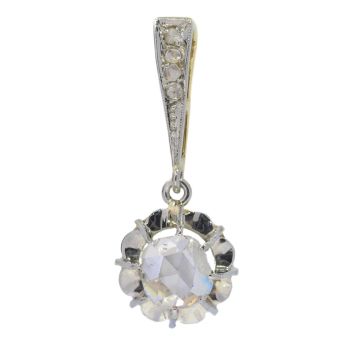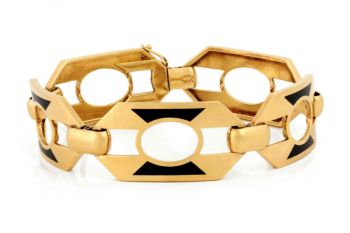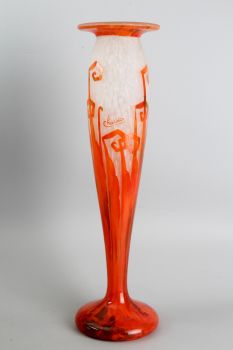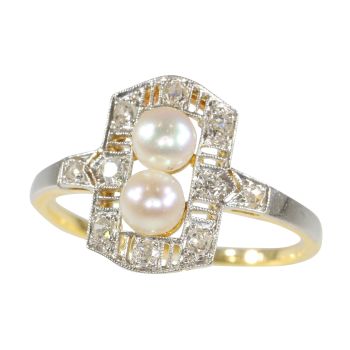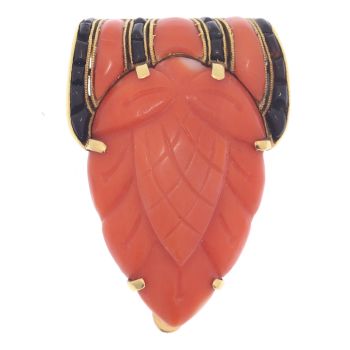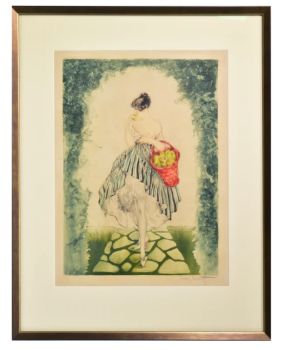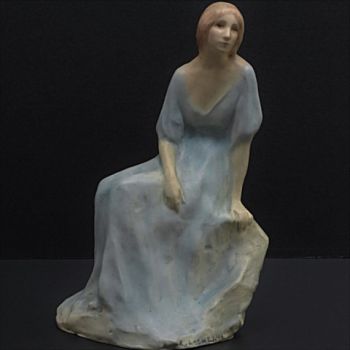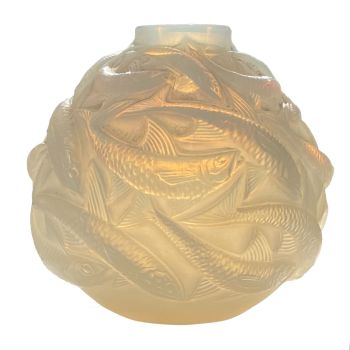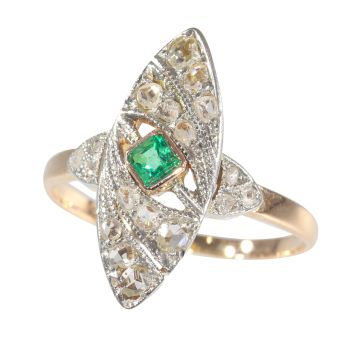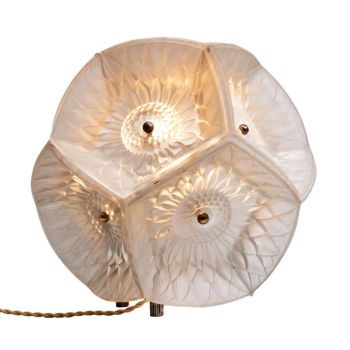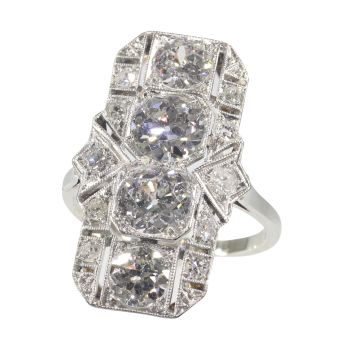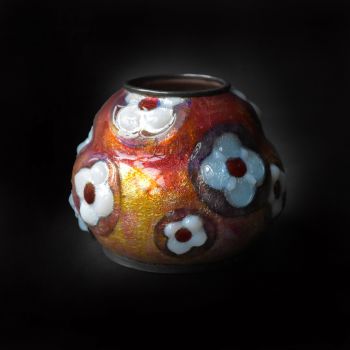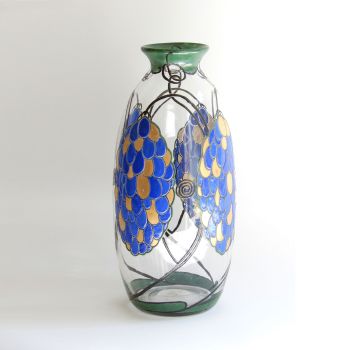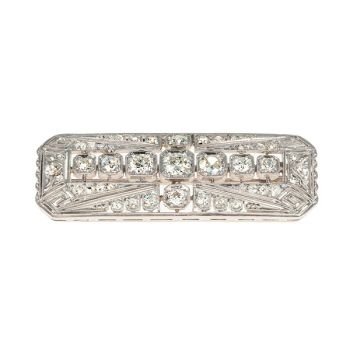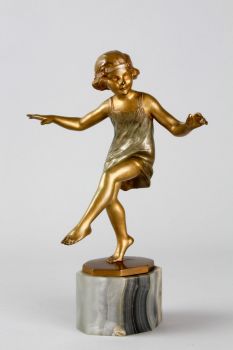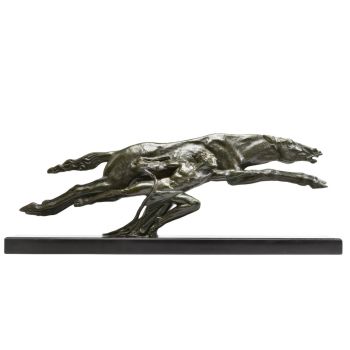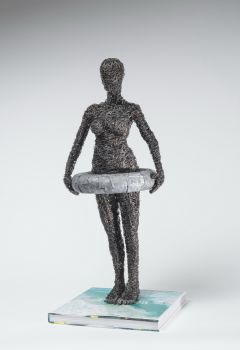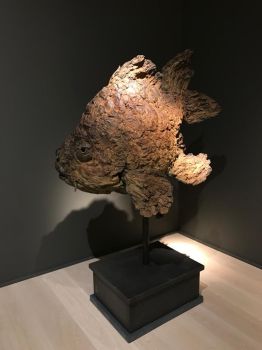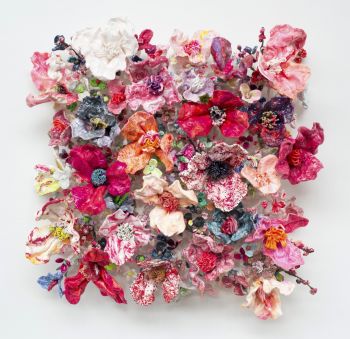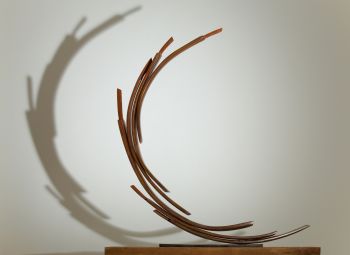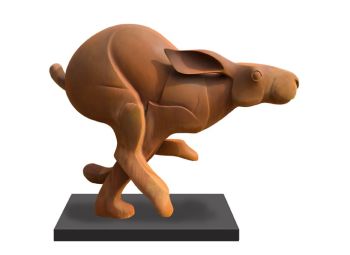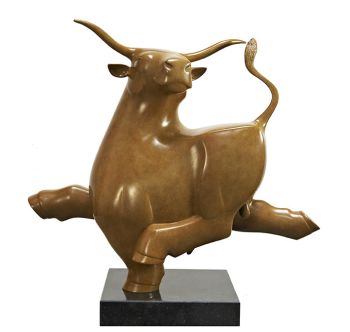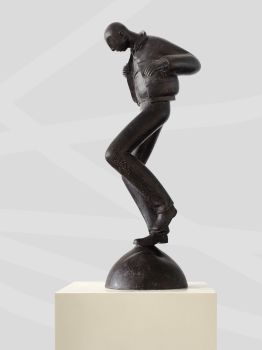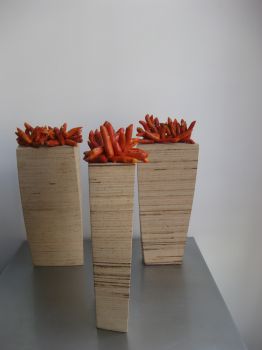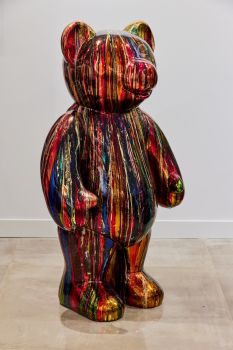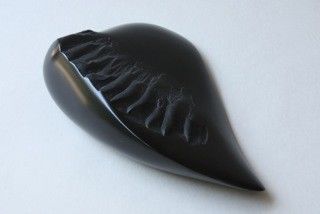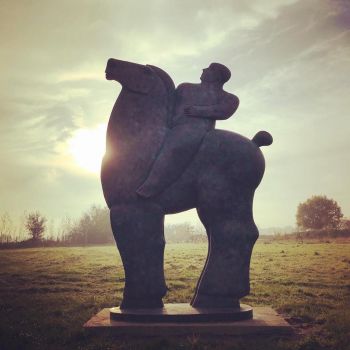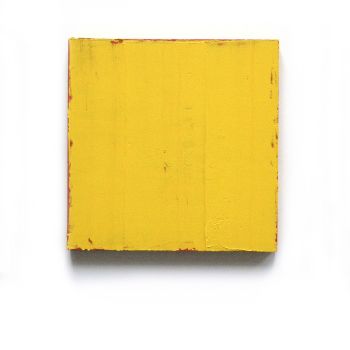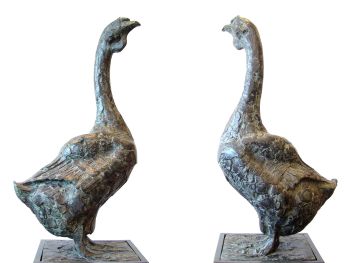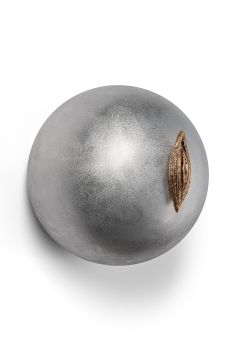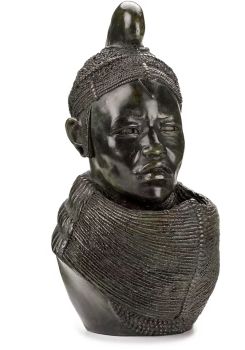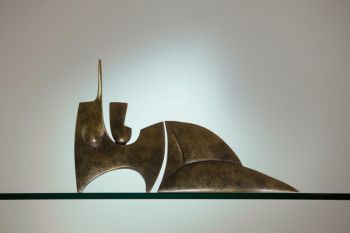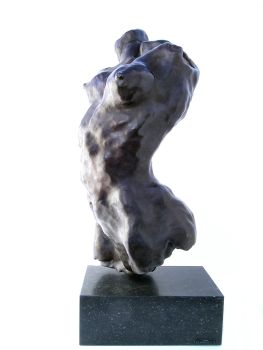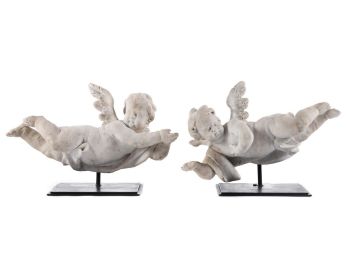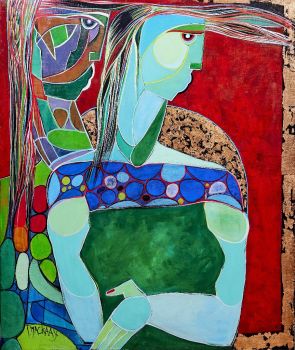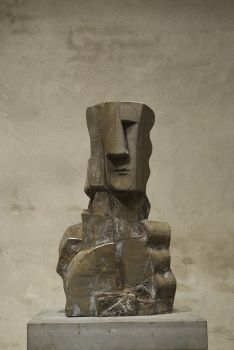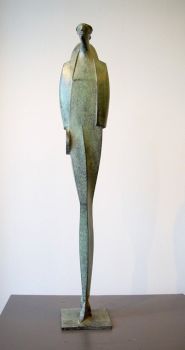Sobre o artista
Alfred Auguste Janniot (1889-1969), born in Montmartre, Paris. He studied at the École Nationale des Beaux-Arts in Paris and was a student of Injalbert. After his military service he was mobilized during WWI. He then immediately went back to work as a sculptor. He won the Prix de Rome in 1919 and left for the Villa de Medici in Rome, where he made his masterpiece 'Hommage à Jean Goujon'. The work was on display at the 1925 World Exhibition of Arts Décoratifs in the pavilion of good friend and admirer Emile Ruhlmann. He commissioned several works for Emile Ruhlmann.
Janniot was inspired by Greco-Roman mythology and the Bible. He developed a neo-classical style but with a modernist stylized interpretation and was very successful.
He was also strongly influenced by Antoine Bourdelle, who taught him many techniques in stone.
In 1928 he was commissioned to create the stone reliefs of the facade for the Musée Coloniale, then intended for the Colonial World Exhibition in 1931. He worked on this for 2 years, together with hired sculptors who helped create his designs. Today the building serves as a museum in Paris and is world famous for its beautiful impressive reliefs of oceans, ships, jungle, with animals such as zebras, elephants and many other animals.
The golden facade of the 'Maison Francaise' in the Rockefeller Center, New York is also by his hand, as is the famous entrance of Palais Tokyo (1937). During his working life he made many architectural and monumental sculptures such as fountains, monuments and bas-reliefs, but also made bas-reliefs for the great salon of the great ocean liners such as the SS Ile-de-France (1927) and the SS Normandie (1935). ).
In 1933 he married his beautiful younger wife Cécile Garny, who always remained his muse and was immortalized many times by him in stone or bronze, or in plaster, as is the case with this exceptional plaster.
During WWII, his studio was completely destroyed in a bombing raid, as a result of which much of his work was lost forever.
In 1945, Janniot became a professor of sculpture at the École des Beaux-Arts, in addition to his busy career.

